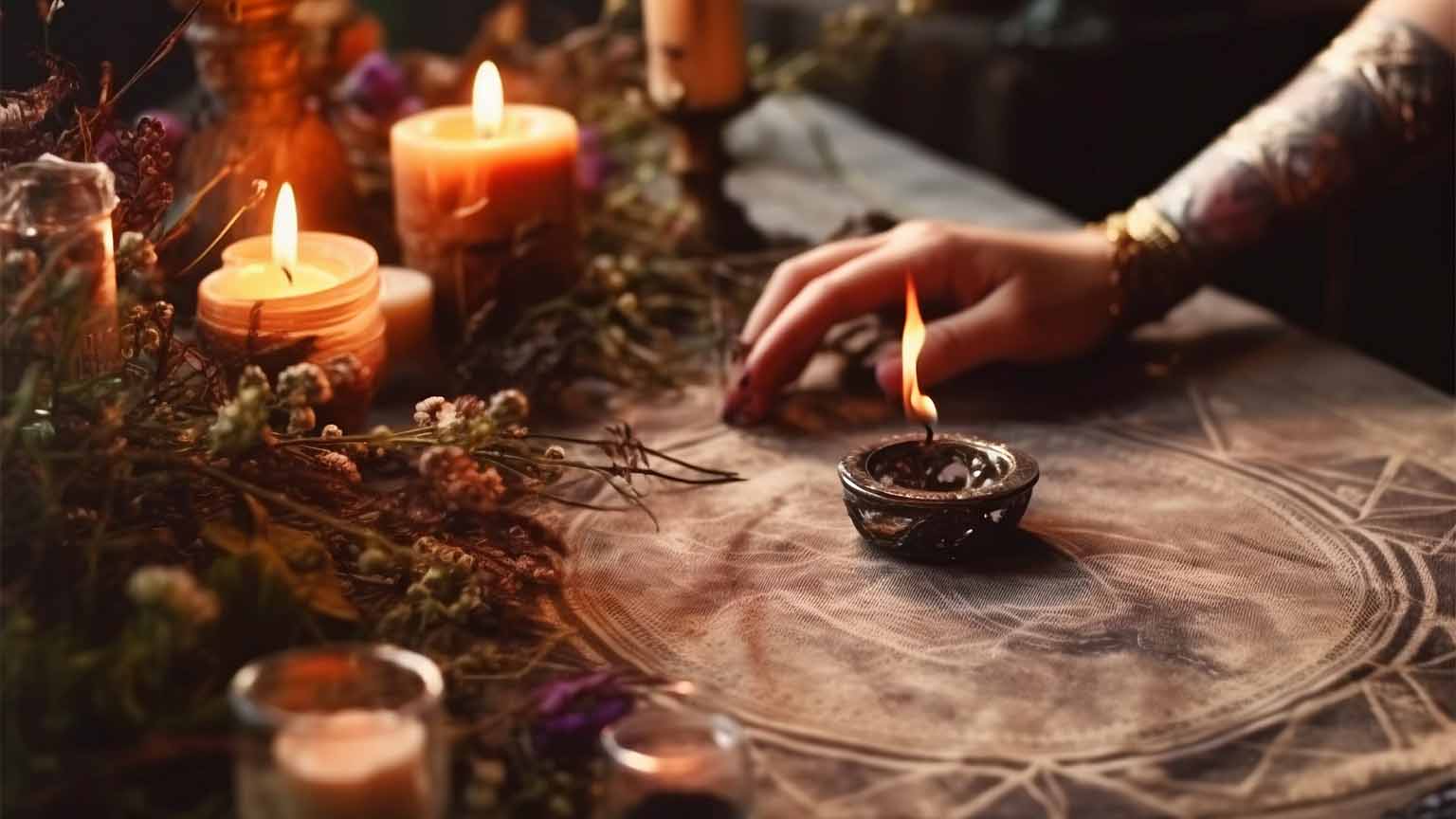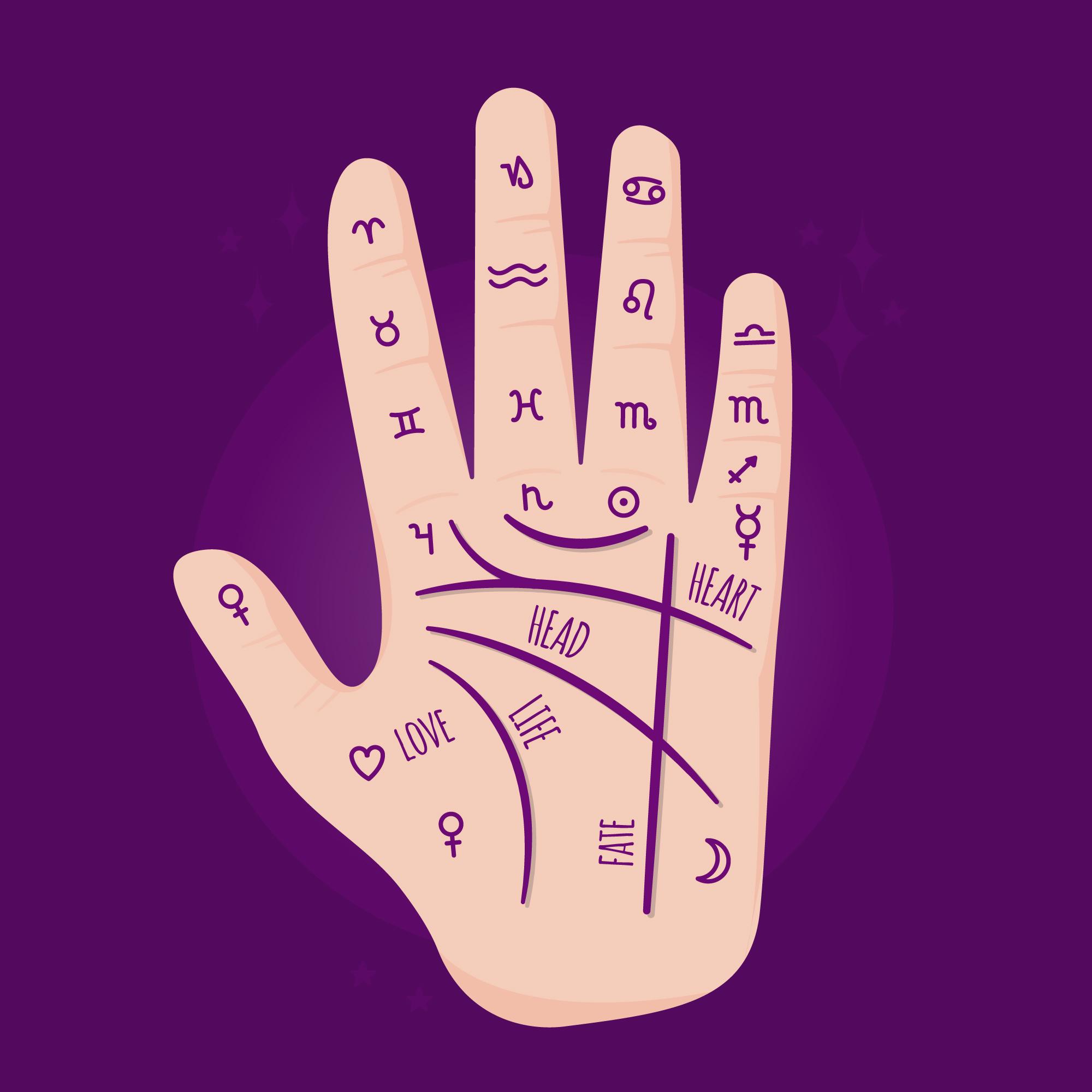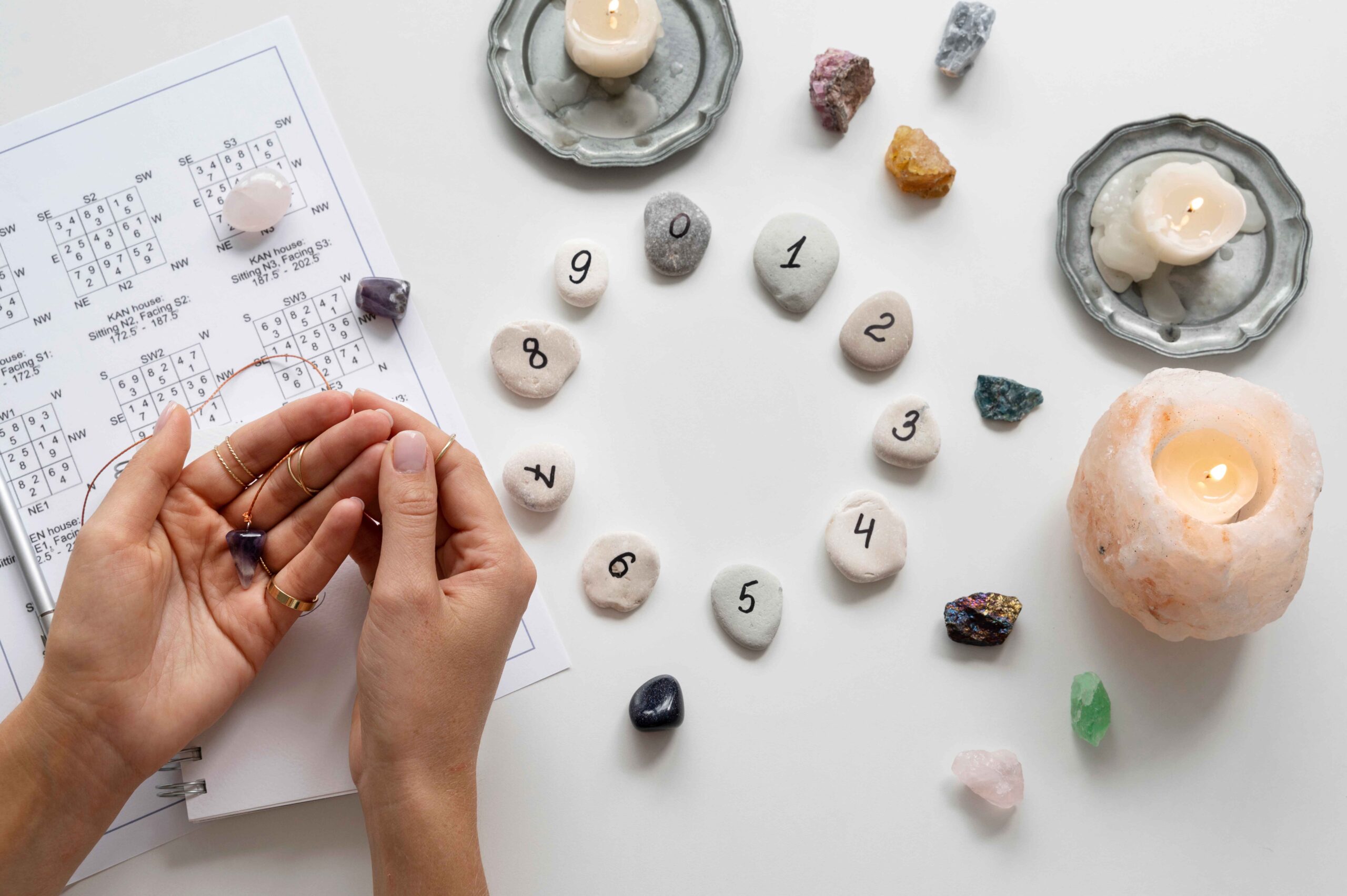Introduction
Palmistry, the ancient art of reading one’s fate through the lines on their palms, has intrigued humanity for centuries. In India, this practice has deep-rooted traditions, and finding the best palmist can be life-changing. This blog explores the top 10 reasons why consulting a renowned palmist like Anjan Shastri can provide invaluable insights and guidance.
Top 10 Reasons to Consult the Best Palmist in India
1. Self-Discovery and Self-Awareness
Understanding your strengths, weaknesses, and personality traits is crucial for personal growth and development. Palmistry can help you gain insights into your core values and life purpose, leading to a deeper understanding of your emotional patterns.
2. Career Guidance and Pathfinding
Identifying your natural talents and career inclinations is essential for making informed decisions about your professional path. Palmistry can help you explore potential career paths that align with your abilities and make the most of your talents.
3. Relationship Insights and Compatibility
Understanding your relationship dynamics and challenges is crucial for building and maintaining healthy relationships. Palmistry can help you gain insights into your relationship patterns and potential growth areas, leading to greater compatibility with your partners and loved ones.
4. Financial Outlook and Prosperity
Identifying your financial strengths and weaknesses is essential for making sound financial decisions. Palmistry can help you explore potential financial opportunities and challenges, leading to greater financial stability and prosperity.
5. Health and Well-being
Understanding your physical and emotional health patterns is crucial for maintaining overall well-being. Palmistry can help you identify potential health challenges and preventive measures, leading to a healthier and happier life.
6. Life Challenges and Overcoming Obstacles
Gaining perspective on life challenges and obstacles is essential for overcoming them. Palmistry can help you identify potential solutions and coping mechanisms, leading to greater resilience and a positive outlook.
7. Spiritual Growth and Enlightenment
Exploring your spiritual path and purpose is essential for personal growth and development. Palmistry can help you connect with your higher self and inner wisdom, leading to greater spiritual growth and enlightenment.
8. Decision Making and Clarity
Obtaining guidance on important life decisions is essential for making informed choices. Palmistry can help you weigh the pros and cons of different options, leading to greater clarity and confidence in your decisions.
9. Personal Growth and Transformation
Identifying areas for personal growth and development is essential for achieving your full potential. Palmistry can help you unlock your full potential and achieve your goals, leading to personal growth and transformation.
10. Peace of Mind and Inner Harmony
Reducing anxiety and stress through understanding is essential for achieving inner peace and harmony. Palmistry can help you gain a sense of purpose and direction in life, leading to greater peace of mind and inner harmony.
Why Choose Anjan Shastri as Your Palmist?
- Extensive experience and expertise in palmistry
- Deep understanding of Vedic astrology and its connection to palm reading
- Personalized and compassionate approach to readings
- Proven track record of helping clients achieve their goals
- Commitment to ethical and confidential practices
FAQ
Q: Is palmistry accurate?
A: While palmistry offers valuable insights, it is not a predictive science. It provides guidance based on the interpretation of palm lines, which can vary from person to person.
Q: How long does a palm reading session typically last?
A: The duration of a palm reading session can vary depending on the complexity of the reading and the individual’s needs. Anjan Shastri typically allocates sufficient time for each client.
Q: Can palmistry help me find love?
A: Yes, palmistry can provide insights into your relationship patterns, compatibility, and potential partners. However, finding love ultimately depends on personal choices and actions.
Q: Can I get a palm reading online?
A: While some palmists offer online readings, it is generally recommended to consult a palmist in person for a more comprehensive and personalized experience.
Q: How often should I get a palm reading?
A: The frequency of palm readings depends on individual needs and preferences. Some people choose to get readings annually, while others may opt for readings during significant life events.
By consulting the best palmist in India, you can embark on a journey of self-discovery, gain valuable insights, and make informed decisions that can positively impact your life.Book an appointment with Anjan Shastri.
















